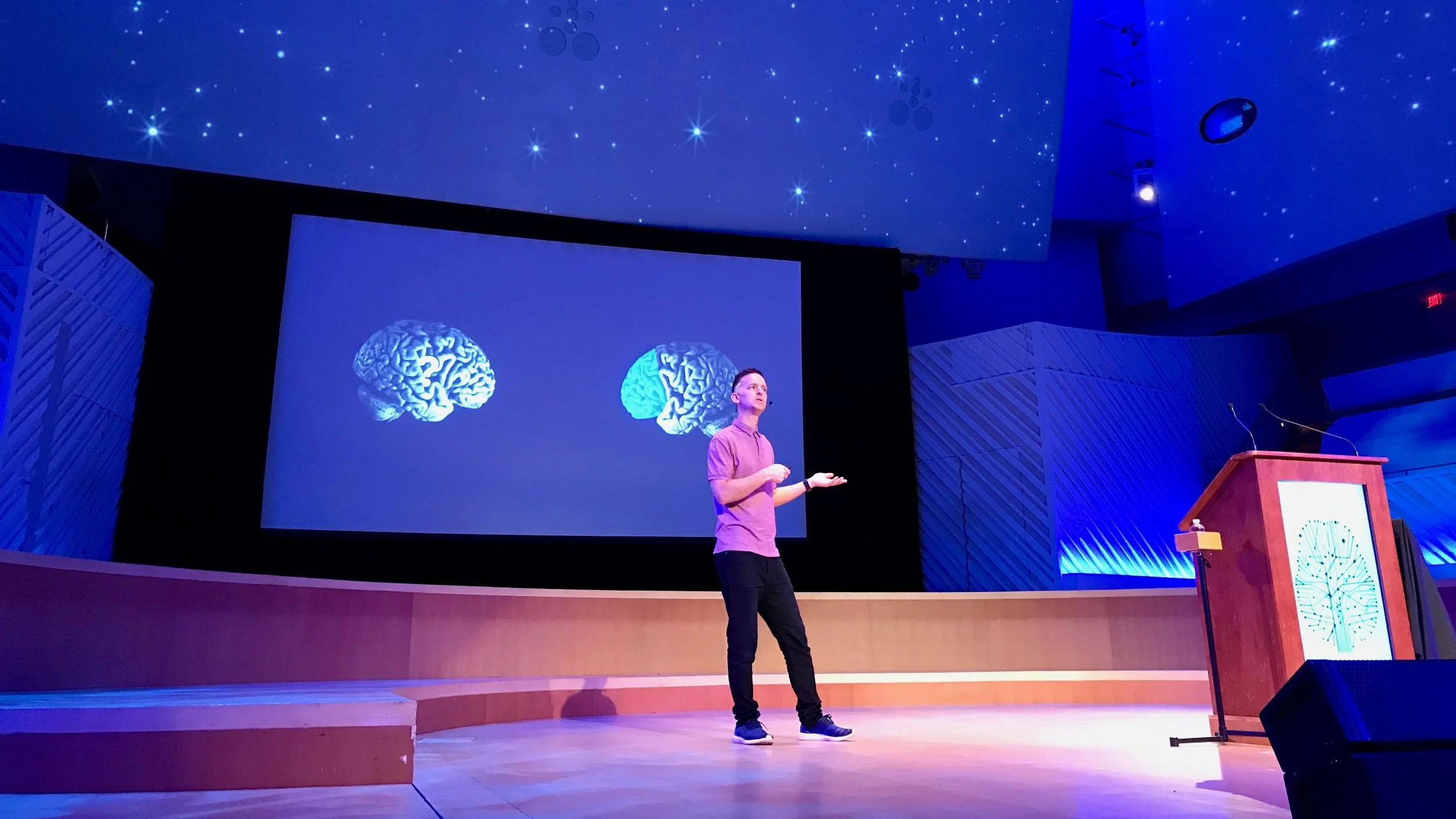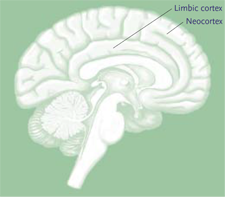Stanford researchers report that worrying about something before it happens might do more than just create knots in your stomach.
Maybe a little anxiety couldn't hurt
As I've mentioned before, I come from a long line of worriers. So I was pleased to get a press release about a new study that suggested a little fretting might be a good thing. I felt compelled to call Gregory Samanez-Larkin, the Stanford psychology grad student who's the study's lead author, although I was a little anxious about what he might have to say.
A little anxiety pays sometimes, study shows
Quando l'ansia gioca d'anticipo
L'ansia "anticipatoria" è quella che ci fa stare sulle spine settimane prima di un esame o di una prova particolarmente impegnativa. A volte può essere un problema. Pare invece che sia l'asso nella manica di broker, consulenti finanziari e operatori di borsa: li aiuta, sembra, ad agire con lungimiranza.
Why do we make bad decisions? Findings from a new science
We all make bad decisions from time to time, decisions that diminish our well-being either right away or years later. However, some of these bad decisions are more than occasional, rising to the level of chronic patterns in the general population. Many of these recurring behaviors seemingly defy rational explanations.
Older people are less upset by the thought of losing money
A team at Stanford University in California studied how young and old people anticipated winning and losing money, and then reacted when it occurred. They found that older adults had a different response when it came to losses, said psychologist Gregory Samanez Larkin, one of the team that reports the work in the journal Nature Neuroscience.
Scientists find losing money a real pain
Younger generation has greater fear of loss
Losing at the races or bingo may not be such a problem for older people, since those over 65 are less upset by loss than twenty-somethings. But they are just as glad of a win, new brain scans suggest.
Older adults react more calmly to the prospect of financial loss
In a finding that could have important implications for understanding how older adults process and make financial decisions – and why they may be vulnerable to scams -- Stanford University psychologist Gregory R Samanez Larkin and colleagues have shown that older people respond far more calmly to the prospect of losing money than young people do.










